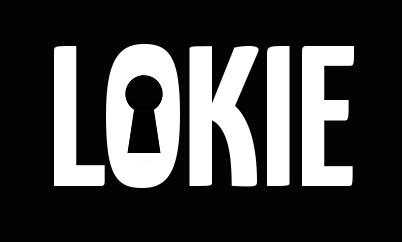At CES 2025, Brelyon showed off its latest immersive display called the Ultra Reality Extend and even after seeing it in person, my brain still can’t fully comprehend a monitor that looks bigger and deeper on the inside than it does on the outside.
Billed as the world’s first commercial multi-focal monitor, the Ultra Reality Extend merges the ease-of-use and simplicity of a traditional desktop display with the kind of spatial depth you can normally only get from VR headset. Granted, the max simulated depth the Extend delivers is only 2.5 meters, which isn’t nearly as far as you’d get from devices like a Meta Quest 3S or an Apple Vision Pro, but considering that Brelyon’s monitor doesn’t require any additional equipment (aside from a connected PC), the effect is truly impressive. And it’s much easier to use too, all you have to do is set yourself in front and the monitor will do the rest, which results in much less eye strain or the potential nausea that many people experience with modern VR goggles.
This allows the monitor to defy its dimensions, because even though it’s much chunkier than a typical display, the view inside is absolutely monstrous. From a 30-inch frame, the Ultra Reality Extend provides a virtual display that’s equivalent to a curved 122-inch screen. Meanwhile, its 4K/60Hz resolution uses 1-bit of monocular to deliver spatial content that looks closer to 8K with elements of the scene capable of looking closer or further away depending on the situation.
When I watched a game clip from Spiderman, the trees and light poles whipping past in my face felt so real I started to flinch subconsciously. Then in other scenes, Brelyon’s monitor was able to separate different layers of the content to make snow in the foreground look blurry as it whipped across the screen while characters in the distance remained tack sharp. It’s rather uncanny because the effect is visceral in a way that games and movies on flat screens just can’t match.
Meanwhile, underpinning the monitor is Brelyon’s Visual Engine, which allows the display to automatically assign different depths to elements in games and videos on the fly without additional programming. That said, developers can further optimize their content for Brelyon’s tech, allowing them to add even more depth and immersion.
Unfortunately, the downside is that the Ultra Reality Extend’s unique approach to spatial content is quite expensive. That’s because while the monitor is available now, the company is targeting pricing between $5,000 to $8,000 per unit, with the exact numbers depending on the customer and any partnerships with Brelyon. Sadly, this means the display will be limited to enterprise buyers who will use it for things like making ultra-realistic flight simulators with depth-enabled UI instead of normal folk who might want a fancy monitor for movies and games. But if Brelyon’s tech takes off, one day, maybe…
This article originally appeared on Engadget at https://www.engadget.com/computing/breylons-immersive-display-is-the-tardis-of-monitors-233606873.html?src=rss


